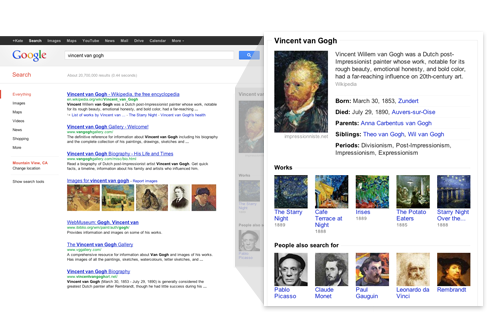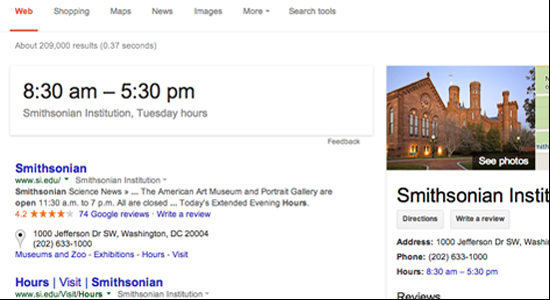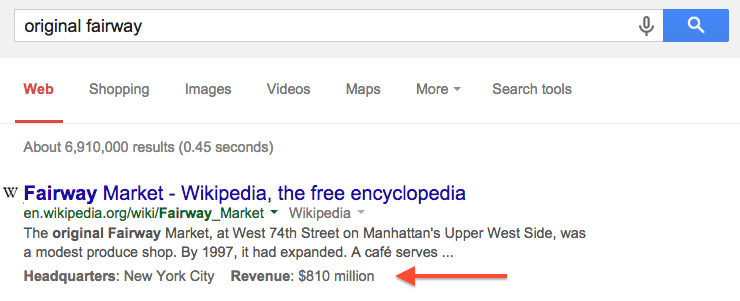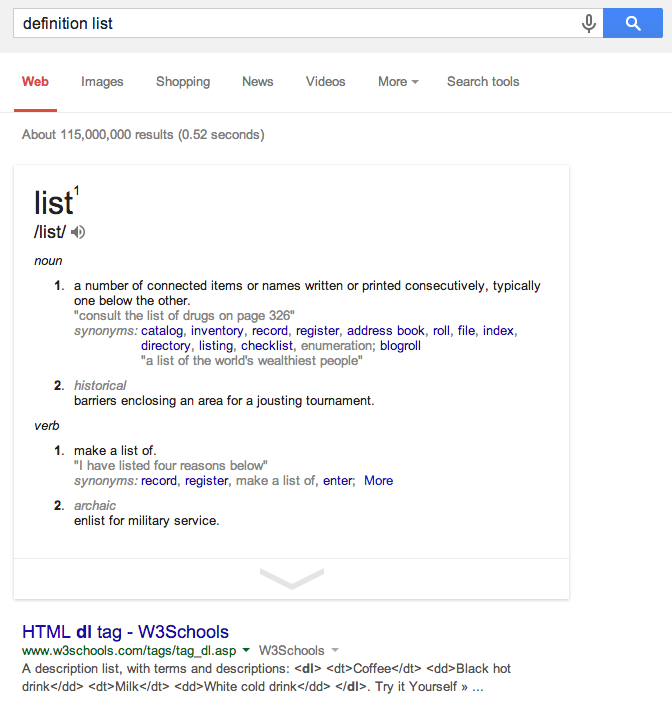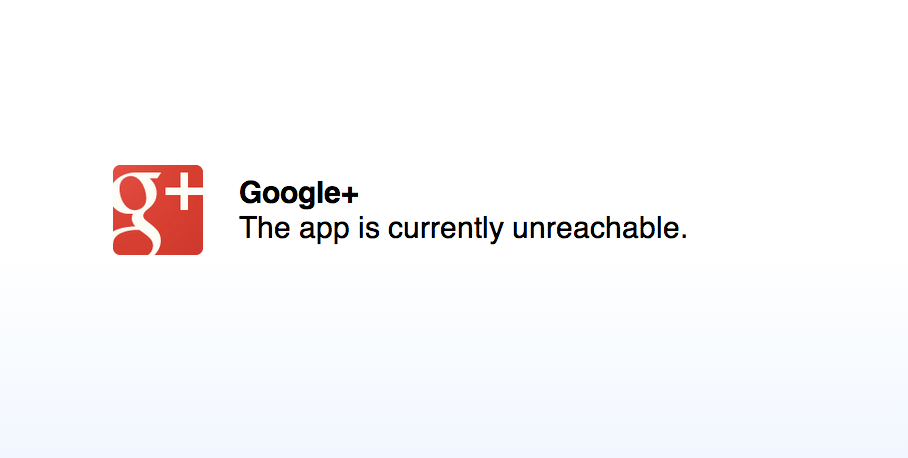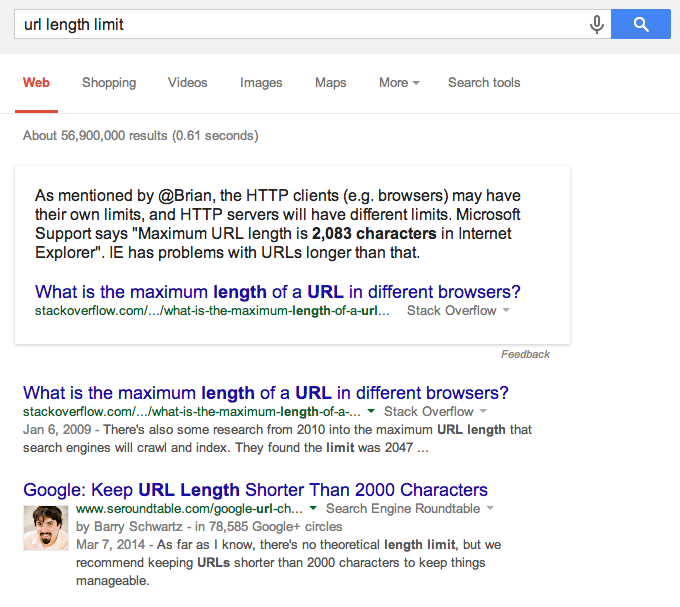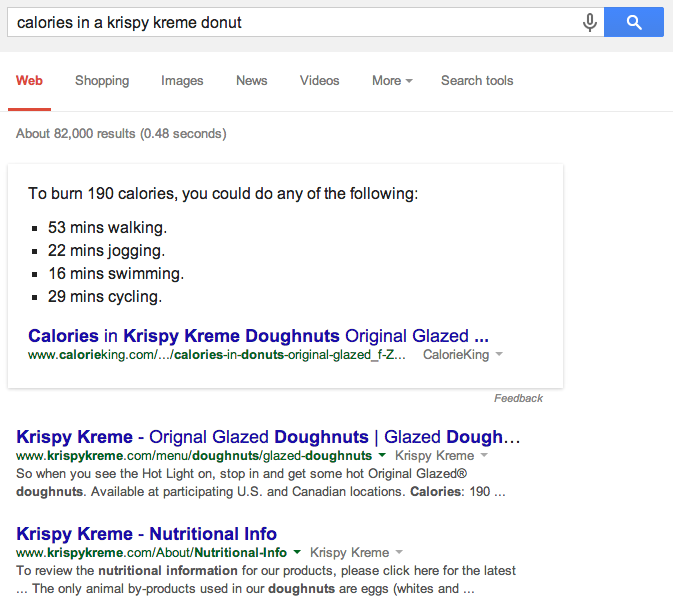Two years ago, I was asked to answer this question on Quora:
How is SEO not a racket?
I’ve spent the last few years researching SEO companies and trying to learn how everything works. My company used a firm for a full year and here’s what I’ve learned:
- There’s no standardized certification process to become a ‘specialist’. From what I understand anyone can learn the tricks of the trade relatively quickly from a mentor after being hired.
- Virtually every company uses the same strategy to get your ranking up: keyword research + link building. So basically, companies charge 100 – 150 (or what a lawyer charges on average) an hour to write copy with keywords on relative sites that link back yours.
- The results of having our site ‘optimized’ were barely noticeable, or could easily attributed to other factors, and the cost for a year of the service was 20k+.
There are virtually zero independent sources that I can find that have investigated this industry, which is enormous.
Can anyone tell me what is so specialized about the field that they are able to charge $150 an hour?
Here’s what I wrote:
I’m afraid the few years you spent researching SEO companies was not a wise investment, because there’s a lot you haven’t learned.
You’re right that there’s no “standardized certification process.” Some people see that as a good thing, because it allows SEOs to be judged by the value that they contribute instead of by a set of credentials that may or may not mean anything. But some people see it as a bad thing, because it allows charlatans to operate quite openly.
There have been several attempts to create some kind of certification, but until now it’s been difficult because the field is changing too rapidly (necessitating constant re-learning and discarding old techniques) and because the opacity of search engines’ ranking algorithms leaves open a lot of room for debate and discussion among SEOs about why or why not anything works. Moreover, who’s going to certify the certifiers? Who’s going to approach the top SEOs in the business and suggest that they take some classes and a test to get certified so they can continue doing their jobs? Search engines don’t want to get involved in this either, because it would involve either a test that’s super basic or giving away their trade secrets.
Can “anyone … learn the tricks of the trade relatively quickly from a mentor after being hired”? Kind of, but not really. A smart, motivated person with some skills will be able to pick up the basics of SEO quickly. But, as with many things in life, it takes hard work and a long time to get really good. I’ve been in SEO for years already and I can say that no two days are ever alike and that I face different and new types of challenges pretty regularly. And amassing the experience to be able to identify every SEO issue under the sun remains elusive because there are always new kinds of issues… because search engine algorithms evolve constantly… which is kind of the point of why SEOs are often (but by no means all the time) necessary.
Keyword research and link-building are, indeed, two of the cornerstones of a sound SEO strategy, though keyword research is ever more sophisticated (and difficult, with less data being passed by Google), while link-building is about 95% different from how it was five years ago. Trying to sum up all of SEO as “keyword research + link building” misses the point, though, and would be a bit like saying that being a doctor is just, “listen to the sick people + prescribe them medicine.” Ok, but what do you listen for, and how does that tell you which medicines to prescribe? And is there nothing else that a doctor does?
As far as your own site, I’m sorry to hear that you weren’t satisfied…
- Maybe you got ripped off by a scammer. Did your SEO company make any guarantees to you about ranking for certain keywords? Did they show you some of their successful clients’ sites? Did you talk to any of their clients to gauge their satisfaction?
- Maybe your SEO firm did shoddy keyword research or spammy link-building. Or maybe both, since they often go together.
- Maybe your product sucked and nobody wanted it.
- Maybe all the SEO work done on your site was perfect… but perfect for three years ago, not for this year.
- Maybe SEO just wasn’t a good fit for your site and some other form of online marketing would have been better suited.
- Maybe SEO is about a million times more complex than keyword research and link-building, and maybe there were any number of SEO issues that prevented your site from succeeding. Were there crawling or indexation problems? Duplication? Thin content? Uninformative title tags? Was your site ridiculously slow? Were crass commercial advertisements covering the whole thing?
- Maybe your competitors were hiring SEOs at the same time, and all the sites in your niche improved dramatically, but the gains canceled each other out.
- Maybe you have no conversion funnel. Maybe the SEO firm you hired never asked you what a “conversion” on your site would actually be.
The rates SEOs charge are based on supply and demand (lawyers, however, are members of a guild that restricts supply to raise hourly rates artificially). The range of income for SEOs is pretty vast. Good ones who can demonstrate their value can consequently earn a lot of money. Lousy ones don’t last very long, moving along from the spammy version of SEO to the spammy version of some other legitimate strategy, like affiliate marketing.
I encourage you to share your site here and let SEOs publicly dissect it and tell you what’s wrong with it. You should easily be able to tell who’s full of shit from who knows his shit. Or read the answers that professional SEOs have written on Quora and message one of them privately.
Now I see that somebody has paid me the ultimate compliment: my complete Quora answer has been ripped off, word for word, for the purpose of selling an extremely crappy (and possibly nonexistent) service on a website called “The Art of Service,” which bills itself as “a cutting edge IT Service Framework Company.”
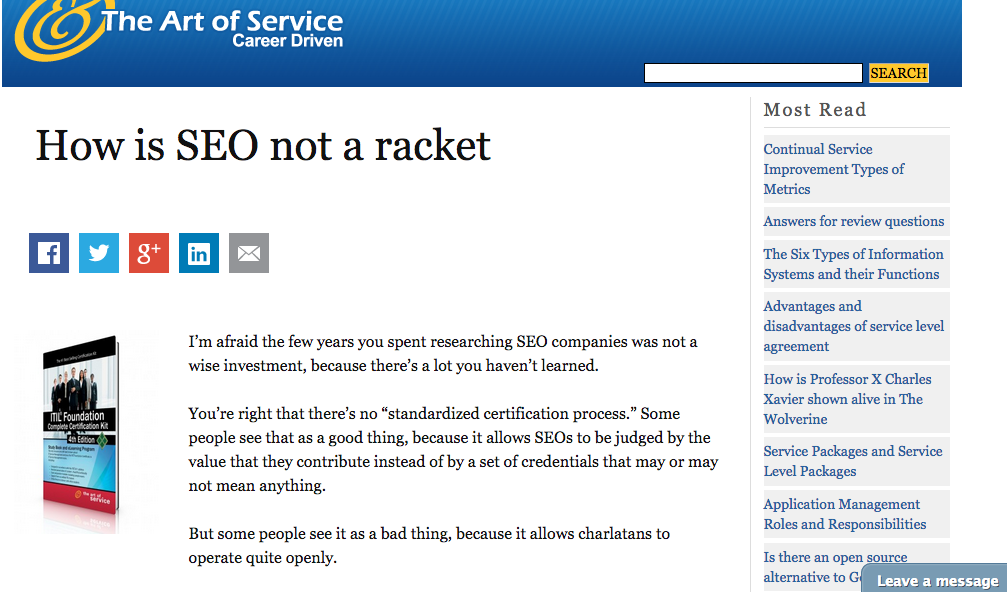
The domain THEARTOFSERVICE.COM is registered to one Gerard Blokdyk of Samford, Queensland, Australia, whose email address is [email protected] and whose telephone number is 07328-97690 (+61 7328-97690 when dialing internationally).
Complain to Quora? I might consider it, except that Quora actually allows this sort of bullshit.
I’ve frequently seen people’s excellent Quora answers copied verbatim and published in online publications like Business Week and Slate with only something like “This article originally appeared in Quora” as attribution (shame, shame).
Of course, Gerard Blokdyk has given the same extraordinarily shitty attribution to me, without bothering to mention my name. It just seems worse in this case because, while Business Week and Slate are pageview mills, a business model that leads them perpetually to scramble for more eyeballs to view their pages to get more money from advertisers, Gerard Blokdyk’s business seems to provide nothing whatsoever of any value to anybody.


